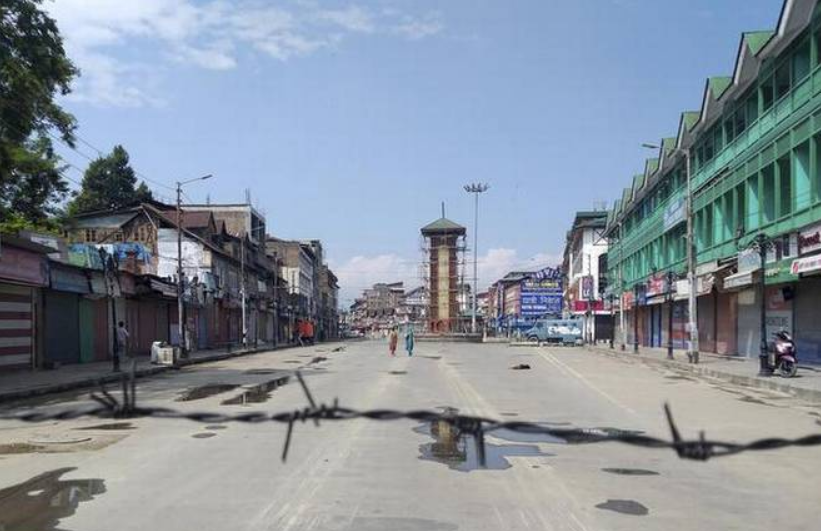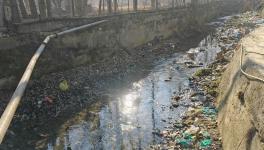J&K: Government Comes up with Media Policy to Create ‘Sustained Narrative’, Flag Reportage

Srinagar: After the Department of Information and Public Relations (DIPR) sacked as many as 45 employees in May, the government of the Union Territory of Jammu and Kashmir has approved a policy to flag media reports that it thinks could vitiate "public peace, sovereignty and integrity of the country."
"The Policy attempts to thwart misinformation, fake news and tries to develop a mechanism that will raise alarm against any attempt to use media to vitiate public peace, sovereignty and integrity of the country," an official statement said.
Earlier, on May 5, the DIPR disengaged stringers, who worked as reporters, camera-persons and translators, after five years of their contractual service.
With the Media Policy-2020, the government plans on creating what it called a "sustained narrative" on the functioning of the Government in the media, while carrying the message of "welfare, development and progress" to the people.
"For the first time, the Media Policy lays down the guidelines for empanelment of Audio-Visual and electronic media such as FM, radio, Satellite and cable TV channels so as to streamline their interface with DIPR," the statement added.
The media policy will also, according to the official spokesperson, address the issue of an overall growth and development of media through capacity building and creating a citizen-centric eco-system in J&K.
As per the new policy, the government will also establish a “Social Media Cell” in the information department to ensure “healthy interaction with public” on online and social media platforms.
It has also planned on awarding media or communication professionals annually for their outstanding work.
The DIPR, according to the new media policy, will come out with a detailed proposal and guidelines to establish a Media academy/Institute/Chair in reputed national institutes in J&K, including at the upcoming IIMC and IIM, to promote journalism and for coordinating study and research in the field.
"The Policy also emphasises on organising field tours for media personnel to enable them to get first hand information about various development activities on ground," the spokesperson said.
Pertinently, the new media policy comes at a time when authorities have been accused of muzzling press freedom in the region.
In April, journalists Masarat Zahra and Gowhar Geelani were booked under the Unlawful (Activities) Prevention Act for their reports and social media posts.
Zahra is not the first journalist in the region to be booked under the UAPA. Asif Sultan, an Assistant Editor with the magazine Kashmir Narrator, continues to serve detention under the UAPA since 2018. Kamran Yousuf, then a freelance journalist, was arrested by the National Investigation Agency (NIA) in September 2017. He was subsequently released after his detention was questioned by various press rights’ bodies such as the Press Council of India, Committee to Protect Journalists, the International Federation of Journalists and Amnesty International, which demanded his immediate release.
The Kashmir Press Club, a media body, has expressed concern on several occasions over the excesses committed against media professionals in the region, including over the arbitrary summoning of the journalists by the police.
Get the latest reports & analysis with people's perspective on Protests, movements & deep analytical videos, discussions of the current affairs in your Telegram app. Subscribe to NewsClick's Telegram channel & get Real-Time updates on stories, as they get published on our website.























